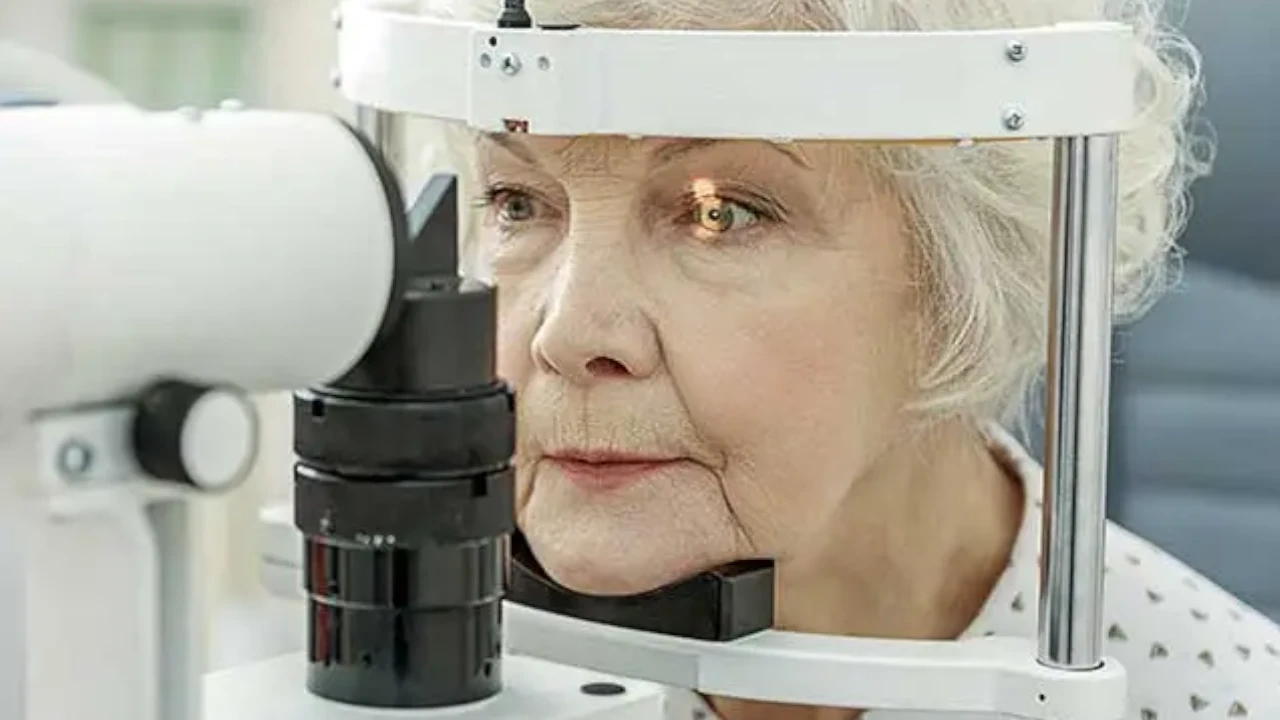
The 4 Stages of Diabetic Retinopathy
Understanding Diabetic Retinopathy
Diabetic retinopathy is an eye disease that develops when high blood sugar levels damage the delicate blood vessels in the retina of individuals with diabetes.
This progressive condition can lead to blurred vision and, in severe cases, irreversible vision loss. It is crucial to undergo regular eye exams because by the time noticeable symptoms appear, vision loss may have already occurred. Early diagnosis by your eye doctor enables timely intervention to slow down the progression of diabetic retinopathy.
Stages of Diabetic Retinopathy
Diabetic retinopathy progresses through four stages, categorized into two types: nonproliferative and proliferative.
- Stage 1: Mild Nonproliferative Diabetic Retinopathy In this initial stage, tiny bulges called microaneurysms form in the retinal blood vessels. These microaneurysms may cause fluid leakage into the retina, resulting in swelling of the macula, located at the back of the retina. However, symptoms are usually not apparent at this stage.
- Stage 2: Moderate Nonproliferative Diabetic Retinopathy Blood vessels continue to swell, impeding blood flow to the retina and causing insufficient nourishment. Notable signs may only manifest if blood and fluids accumulate in the macula, leading to blurry vision.
- Stage 3: Severe Nonproliferative Diabetic Retinopathy A larger portion of retinal blood vessels becomes blocked, reducing blood flow to the area. In response, the body triggers the growth of new, fragile blood vessels in the retina. These vessels cause retinal swelling, resulting in blurry vision, dark spots, and even patches of vision loss. Leakage into the macula can lead to sudden and permanent vision loss. Irreversible vision loss is more likely at this stage.
- Stage 4: Proliferative Diabetic Retinopathy This advanced stage involves continued growth of weak, bleeding blood vessels in the retina, causing scar tissue formation inside the eye. The scar tissue can pull the retina away from the back of the eye, resulting in retinal detachment. Symptoms include blurred vision, reduced field of vision, and potential permanent blindness.
Common Symptoms of Diabetic Retinopathy
During the initial stages of diabetic retinopathy, symptoms are often absent or not noticeable. Consequently, individuals may be unaware they have the condition. However, regular eye exams conducted by an eye doctor can detect diabetic retinopathy in its early stages, before symptoms manifest and irreversible damage occurs.
Symptoms of proliferative diabetic retinopathy (stage 4) may include:
- Blurry vision
- Color changes
- Decreased field of vision
- Distorted vision
- Increased eye floaters
- Loss of vision
- Poor night vision
Treating Diabetic Retinopathy
While diabetic retinopathy can lead to permanent vision loss, effectively managing blood sugar levels can help prevent such loss. This involves maintaining a healthy diet, engaging in physical activity, and following prescribed diabetes medications.
Treatment options depend on the stage and severity of the disease. In early stages, blood sugar management alone may suffice. For nonproliferative diabetic retinopathy with eye damage, treatment options may include:
- Eye injections: Steroid injections to reduce inflammation and prevent new blood vessel growth, or anti-VEGF injections to reduce macular swelling and improve vision.
- Laser surgery: Photocoagulation using laser surgery to reduce retinal swelling and eliminate abnormal blood vessels.
- Vitrectomy: Surgical removal of blood or fluid, scar tissue, and some of the vitreous gel in the middle of the eye (vitreous humor) to restore proper focus on the retina. Retinal detachments can also be addressed during a vitrectomy.
Diabetic retinopathy is a serious eye disease that can cause permanent vision distortion or loss. To preserve your vision, we encourage you to contact Child & Family Eye Care and schedule a comprehensive eye exam today.
Our practice proudly serves patients from The Woodlands, Magnolia, Shenandoah, Tomball, and surrounding communities in Texas. We are committed to providing exceptional eye care and guiding you through the prevention and management of diabetic retinopathy.






